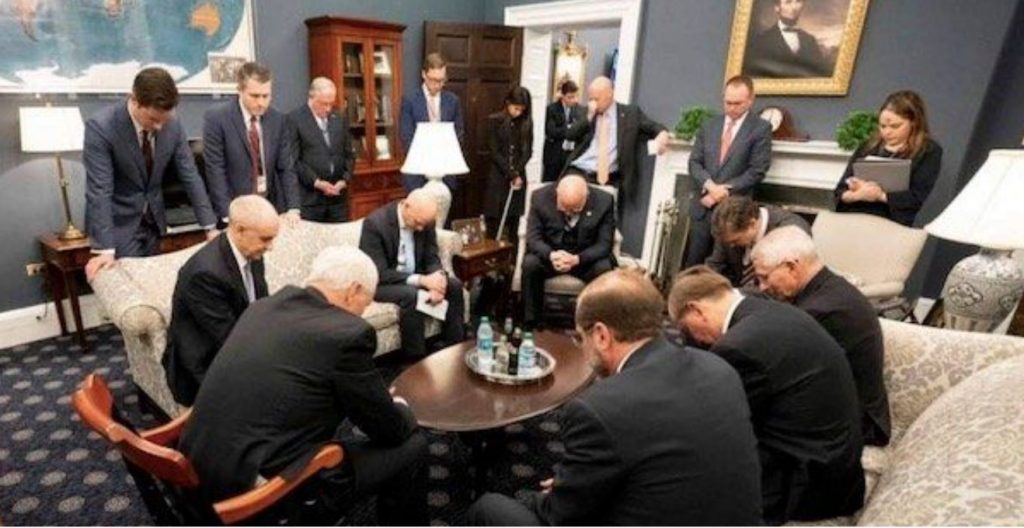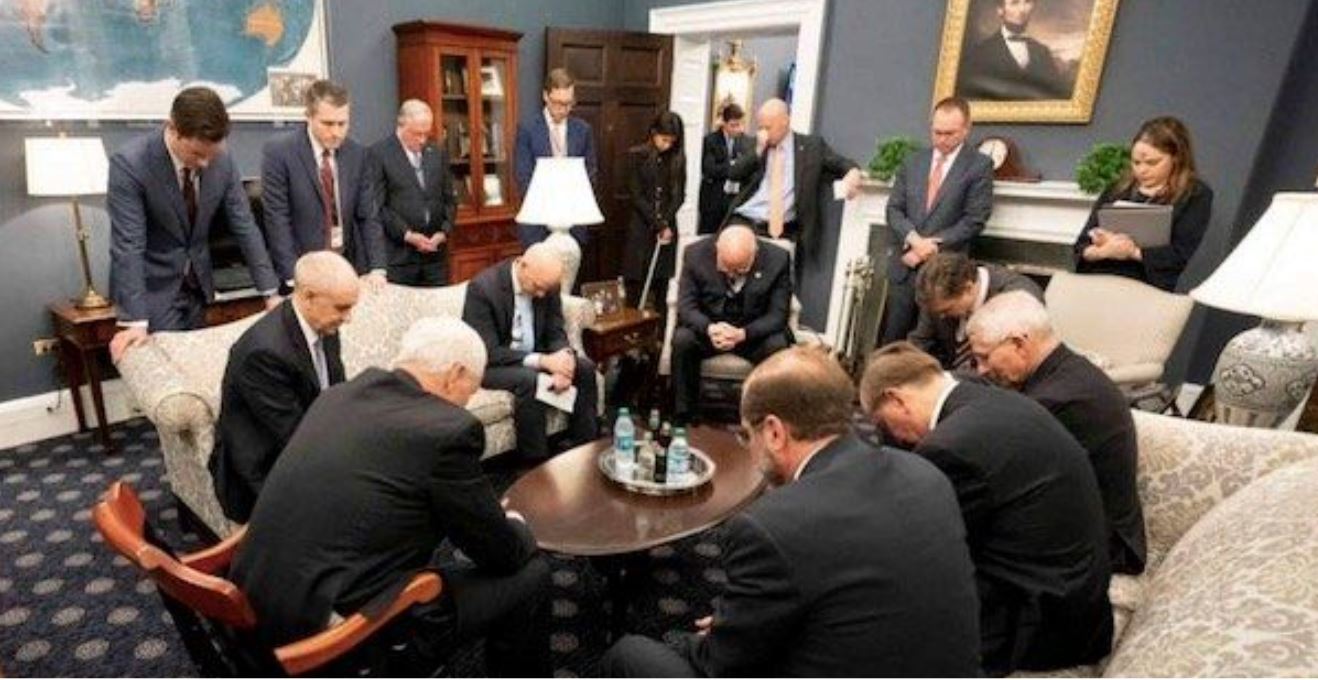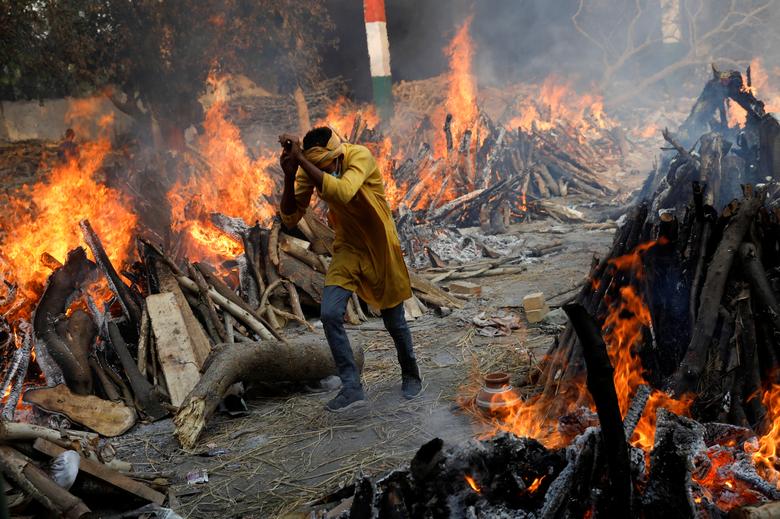Many Americans wonder who is going to take the bill when the corona epidemic has now reached the United States.


ANALYSIS: Christer Mjåset, neurosurgeon, author, and former union leader. Currently working at Harvard School of Public Health / Harvard Business School, Boston / USA
THE STORY of US citizen Frank Wucinski, who has been working in China for the past 15 years, has been in the media this past week in the US. Wucinski was recently evacuated from China with his daughter because of the corona epidemic and quarantined on the American mainland. When he and his daughter came out of the quarantine after testing the virus negatively, he received a bill of several thousand dollars – not only for the hospital stay but also for the flight to the United States. It turned out that the insurance he had did not cover treatment in his home country.
WHO PAYS? In retrospect, the authorities have said that this was a mistake and that Rucinski did not have to pay anything. However, his story has prompted Americans to wonder who it is who is going to take the bill now that the government is putting in place public health measures to prevent the spread of the coronavirus.
The United States has a so-called “multipayer system”. Only the very poorest (Medicaid) and the very oldest (Medicare) are offered state or federal insurance. The rest of the population must take out private health insurance if they are not offered it through their employer. At the time of writing, 30 million people are still without health insurance. What happens if some of them get infected?
QUARANTINE. In Norway, we see that both doctors and employers now ask employees to stay home for fourteen days if there is any reason to believe that you are a danger to others. The long incubation period means that there is a risk of spreading infection even if one is healthy. The Center for Disease Control and Prevention in Washington has also issued such a call. The problem is that most Americans do not have the same sick leave scheme as we have in Norway. Only a few of the fifty US states have any form of legislation that secures wages when you are sick, and as many as 25 percents of workers do not have any employment contract that allows you to take sick days and at the same time expect payment. Most of these workers are employed in low-paid, physically demanding jobs that mean they have little to fall back on financially – and no daily salaries spare. This means that the corona epidemic is likely to spread faster in the lower socio-economic classes in the United States in the time to come.
The same has previously been the case for the annual flu epidemics.
CULTURE. Another Achilles heel for Americans is the strong culture of going to work at all costs. Statistics show that every month, one in ten Americans go to work, despite the fact that they themselves think they should have stayed home. The main reason: that they are sick. And the main motivation for going to work: too much to do, but also fear of employer retaliation.
TRUMPISM. “It’s just like the Flu. People die from it,” President Donald Trump can be heard repeatedly over the radio here in Boston. One of the Democratic Party presidential candidates, Michael Bloomberg, through his campaign advertising, tells voters that Trump is dangerous at the helm of leadership in times of crisis. The quote from President Trump is taken from a recent press conference in which Trump belittled the death toll from the corona epidemic so far, pointing out that between 25,000 and 69,000 die of flu every year in the United States. In retrospect, the tone has been different, and recently a tweet came out saying that he plans to meet with leaders in the pharmaceutical industry to develop a vaccine as soon as possible. “Progress being made!” was the clear message, in addition to other statements like that Americans are “very, very prepared!”
KEY THEME? Yesterday was Super Tuesday here in the US. That means voting in 14 states to decide upon the next Democratic presidential candidate. It was expected that the coronavirus would be one of the themes of the many appeals. We will see if the Democratic candidates have any other and better solutions than Trump on the public health challenges the United States now faces. Meanwhile, Trump claims that Democrats are trying to use the corona epidemic politically. “They have no clue,” he said from the South Carolina pulpit recently. “They can’t even count their votes in Iowa.” But it is ultimately the president who is held accountable if the virus spread gets out of control.
Historic definition of quarantine
from Merriam-Webster Dictionary
1: a period of 40 days
2a: a term during which a ship arriving in port and suspected of carrying contagious disease is held in isolation from the shore
b: a regulation placing a ship in quarantine
c: a place where a ship is detained during quarantine
3a: a restraint upon the activities or communication of persons or the transport of goods designed to prevent the spread of disease or pests
b: a place in which those under quarantine are kept
4: a state of enforced isolation




